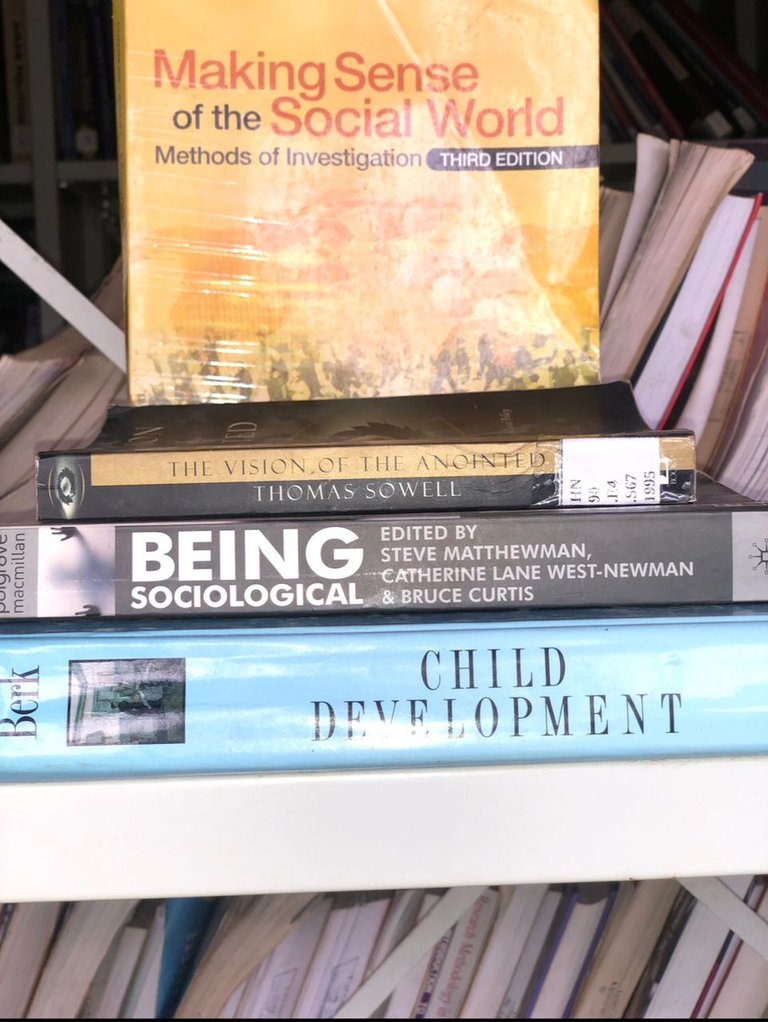
Over the decades, many people have made impacts in the world of literature. Through literary works, whether prose, poetry, or drama, they have in one way or the other, contributed substantially to literature’s growth. For as long as history can remember, some literary writers have engraved their names permanently, leaving indelible marks m. Have you ever read a book so good that you start to think about the first ever person to write that way? Or have you ever read a poem and you ask yourself these questions; where did this poet learn how to write poems? Has anyone ever written like this? There’s no doubt that the likes of William Shakespeare have engraved their names with permanent ink and for generations to come, their works will continue to survive.
Interestingly, some great persons, despite not being literary writers, have managed to engrave their names, too. In simple words, certain individuals, though they have never published Nobel-winning novels, written a poem, and have never written a play, yet, they managed to make significant contributions in the field of literature, which we still enjoy today. That’s where literary theorists come in. Literary theorists are scholars who interpret and criticize literary works from several perspectives such as the historical background, social and cultural implications, and cultural context. Basically, what literary theorists do is critique a literary work in all possible ways. Recently, I did a bit of research and found out that some of the biggest literary theorists who have contributed to the field of literature are Plato, Aristotle, and Horace.

Of these three, I assume Plato was the most hot headed. Plato is considered to be the first literary theorist because he made significant steps in literature. Plato published a book titled “The Republic.” In this book, he defined his definition of an ideal society. He asked himself these questions: what is an ideal society? Who are those that should be there? Initially, Plato banned poets/literary writers from his ideal society. According to him, poets are liars. Using Othello as a case study. The events may be similar to real-life events, but they never happened. Othello in real life never killed Desdemona. Hence, they are all lies. Another reason why Plato banned poets was because of the immoralities at that time. According to him, books where you have gods are goddesses performing atrocities are not good for society. More importantly, Plato argues that books are not important in themselves, but they are used as a tool for producing patriotic individuals. A book has to do something before it is considered important.

Basically, Plato introduced the concept of literature as lying. He also argued for simplicity. In the later part of The Republic, Plato argued for simplicity. He argued that literary writers should make their works simple so others can understand. We enjoy these benefits till today, as many writers write in simple, yet creative ways, immersing their readers in their writings.
Next, Aristotle. Aristotle was a student of Plato. However, he disagreed with him on the concept of “literary as a tool.” According to Plato, books are not useful unless they do certain things in society. Books are considered useless unless they can impact individuals or society at large. Meaning, that your favorite novel might be considered irrelevant if it does not impact society. Aristotle on the other hand, is the first literary theorist to accord prestige to literature. He argues that books are not a tool for producing patriotic individuals. He considered literature to be important in and of itself.

Aristotle compares literature to history. At that time, history was celebrated while literature was undermined. Aristotle argues that literature is far more important than history. According to him, history deals with what has happened, on the other hand, poetry, plays, and dramas deal with what may happen. Therefore, literature is far more important.

Lastly, Horace. Horace is more of a peacemaker. He argues that literature is both a tool for achieving significant changes in society, and is also important in itself. Horace created the concept of poetic license. In simple words, poetic license is the freedom of a literary writer to write what he or she wants to write about. For example, a news reporter is not free to write whatever he or she wants to write about. A lawyer cannot just write or make up evidence to present in the courtroom. The freedom is specifically for literary writers. They are free to write whatever they want, however, they want and whenever they want.
Summarily, Plato, Aristotle, and Horace made lasting impacts on literature, despite not writing best selling novels or plays. Their innovative ideas and thoughtful criticisms contributed to the growth of literature. Their legacy continues to shape literary works to this day.
All images in this post are mine.
Thanks for reading.
 )
)